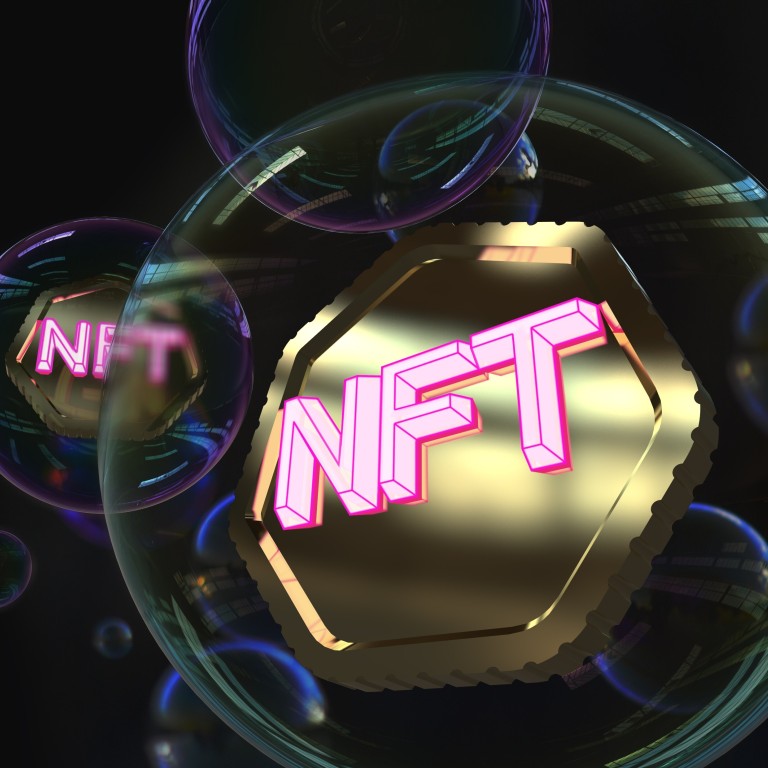
Alibaba, Tencent rebrand NFT offerings as ‘digital collectibles’ amid Beijing’s scrutiny of new virtual asset market
- The rebranding moves by Alibaba and Tencent reflect their efforts to steer away from any potential conflict with Beijing, which has cracked down on Big Tech firms
- Chinese state-run media recently warned of a potentially ‘huge bubble’ in the NFT market
Meanwhile, on Huanhe – the NFT platform launched by Tencent in August – all of the items on offer are now referred to as digital collectibles.

05:15
SCMP Explains: What are NFTs?
NFTs generally refer to units of data stored on a blockchain that guarantees each digital asset is unique, immutable and secure. Because NFT-based digital items are authenticated via a decentralised blockchain system, they can be owned much like physical items – a feature that makes NFTs valuable when it comes to trading collectibles and memorabilia.
Last month, a Chinese state-run newspaper warned of a potential bubble in NFTs, just as the country’s Big Tech companies – including Alibaba and Tencent – have started to dip their toes into this new digital asset market.

